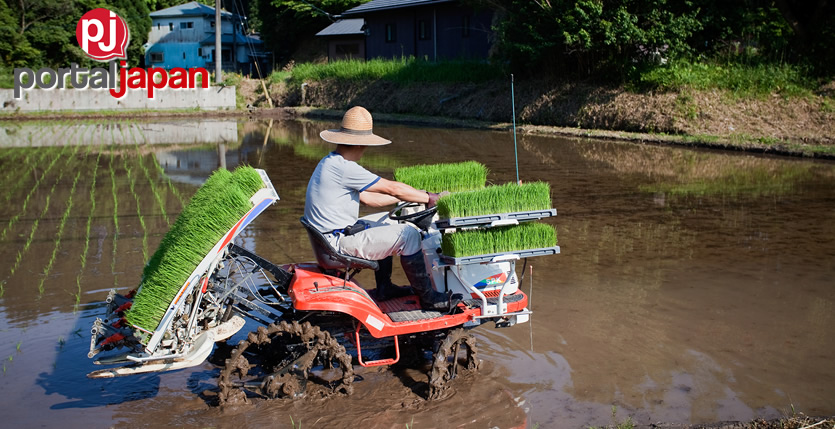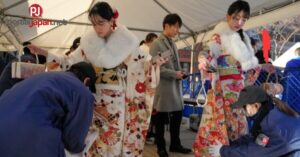Japan will consider letting foreign farming specialists work outside its national strategic zones, expanding a current plan to bolster a shrinking farm workforce.
With its agricultural population on the decline, Japan needs to put foreigners to work on farms or as mid-level supervisors, Kozo Yamamoto, regulatory reform minister, told reporters after a cabinet meeting Tuesday. Large farming operations have an “extremely strong” need for such labor, he said.
Japan’s farmworkers numbered 3.17 million in February 2016. This is 2.08 million people fewer than a decade earlier. Workers aged 65 and older now account for 47% of the total, up from 38% — a sign that population aging is compounding a severe labor shortage.
The government began in 1993 to let foreigners work as technical interns, ostensibly to learn specialized skills. The agricultural sector currently employs more than 20,000 such interns. But the program is a frequent source of labor abuses, including wage theft.
The government is turning to Japan’s national strategic zones, where looser regulation encourages policy experimentation, in its initial efforts to address the issue. These workers would be entitled to compensation at least equal to that of their Japanese peers, contingent on a certain degree of Japanese language proficiency.
After testing these policies in the strategic zones, Japan “will consider how they may be expanded elsewhere,” Yamamoto said. Even within the ruling Liberal Democratic Party, lawmakers have said repeatedly that they “wish to see [foreign farmworkers] outside of those specialized areas,” the minister noted.
The government will begin seeking input from municipalities this spring and look into specific regulatory changes. Additional strategic zones are to be designated by the end of this year.
Source: Nikkei Image: Bank Image

















Join the Conversation